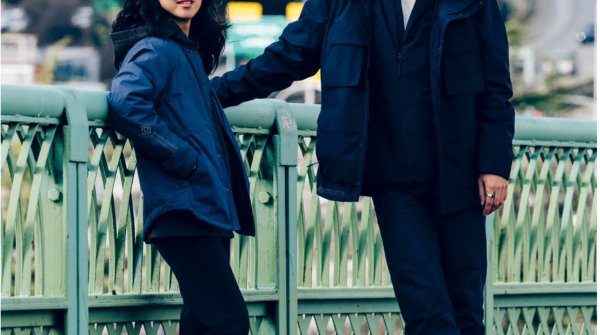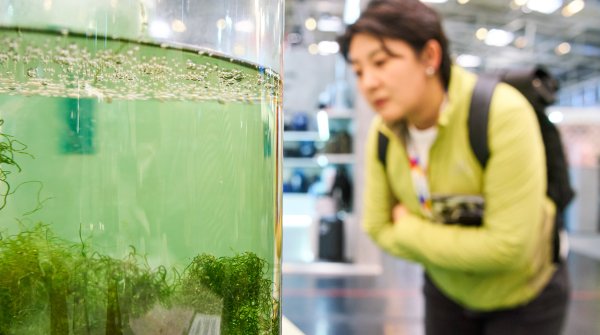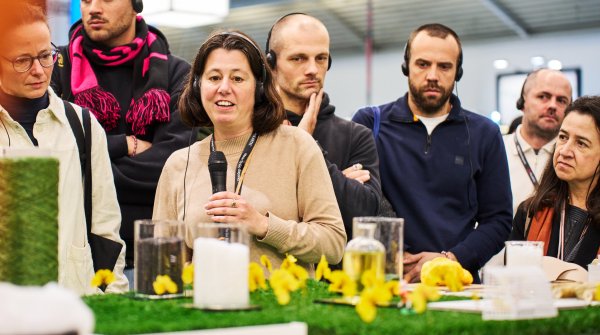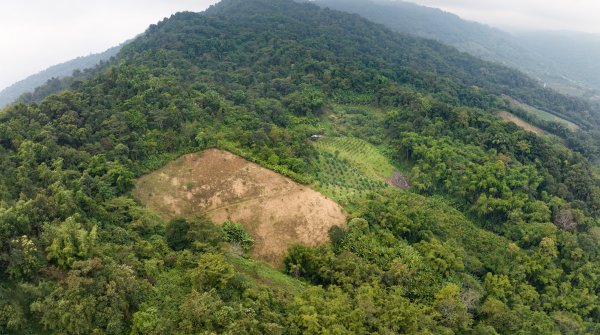The sustainability megatrend: a topic with urgency
While some manufacturers are already leading the way in terms of sustainability or ecologically fair production conditions, others are still struggling. Innovative concepts and fair alternatives are needed! The sports industry and community is challenged to reflect on its behavior. What is my ecological footprint in terms of sports passion?
Almost all brands have now recognized that sustainability is an important issue and that more and more end consumers are attaching importance to products produced in an environmentally friendly manner. No wonder that every second advertising message is "we are green" or "100% climate neutral. But how do consumers know whether they can believe the brands or whether they are just greenwashing? Many brands and manufacturers are fighting greenwashing with their own initiatives and cooperation with reputable seals and want to become transparent and attractive for end consumers in order to win them over as customers.
Because buyers are placing more and more value on real sustainability. The ISPO Consumer Insights Report Q3/2022 shows that the three most important motivations for a purchase are now climate-friendly, fair, and social production. So are the quality and expected longevity of a product. Efforts to achieve more honest sustainability and transparency include the "Alliance for Sustainable Textiles," which was founded back in 2014 and now has over 160 members. More and more manufacturers are also striving to obtain sustainability seals that attest to truly sustainable action. They are only awarded to companies whose actions are truly sustainable, resource-conserving or ecological. For the sports industry, for example, these are the seals of bluesign, Global Organic Textile Standard (GOTS) or Fair Wear Foundation (FWF). More and more consumers also want to find their way through the seal jungle and pay attention to the awards when buying.
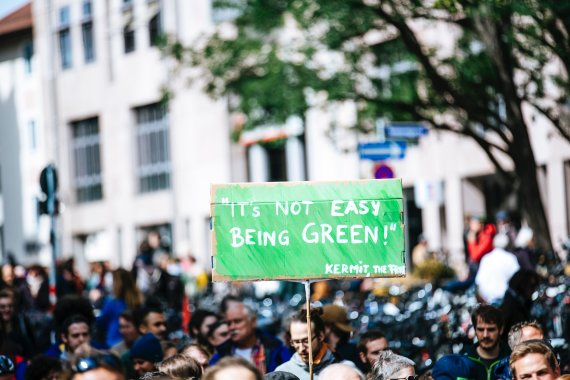
Produce, consume, throw away. To curb destructive economic activity, products must not only be thought of beyond their end of life. We must intervene at the beginning of the life cycle. Circular economy is the magic word. For sportswear, this starts with safe and sustainable production of the fabrics that are used. Therefore, in order to be able to create safe and sustainable materials for sportswear, the chemical industry must also play its part. Bluesign helps with the development and implementation of sustainability concepts.
Bluesign supports companies in developing sustainability concepts and achieving standards for their products. End consumers can also use the Bluesign seal for orientation. For companies, acting responsibly starts with developing a sustainability strategy, extends to controlling their own supply chains and setting and maintaining social standards in production. The industry's products, such as dyes and auxiliaries, must be safe and sustainable throughout their life cycle, from manufacture to disposal - both for the workers who come into contact with the chemicals and for the natural environment that comes into contact with the waste.
End-of-life, i.e. what happens to a garment at the end of its use, will play an increasingly important role. To ensure that a product is not only environmentally friendly during production, but also afterwards, it is important that it can be completely recycled. The goal is to reduce the number of different materials in a product while guaranteeing the functionality as well as the aesthetics of the garment. This is best achieved when the product is made of a single material - a mono-material.
Many manufacturers have developed innovative technologies in the production of their sportswear to make this possible, for example Jack Wolfskin with the Bike Commute Mono Jacket. And the sports community has already jumped on the "mono bandwagon" as well: Users* of the ISPO Collaborators Club had the opportunity to vote for their favorite among the winners of the ISPO Award 2022. The winner: the MIUtech Iso jacket by Muntagnard and Innovation Unit. The functional jacket is 100 percent recyclable thanks to an innovative fiber technology - a milestone for functional jackets!
Mega sporting events are climate killers. According to FIFA calculations, the 2022 World Cup in Qatar caused 3.6 million tons of CO2. The construction of the stadiums was not included. Incidentally, the bulk of the emissions were caused by air travel by spectators. Once again, many major sporting events are scheduled for 2023. Climate change has already caused the cancellation of a major event in the winter sports year 22/23: the world federation FIS is canceling the planned Ski World Cup races in Garmisch-Partenkirchen at the end of January. The reason is the weather forecast. Excessively high temperatures also mean that many ski resorts in Germany, Austria and France will remain closed to winter sports fans. In the future, we will have to ask ourselves how sports events and sports tourism will have to be rethought in order, on the one hand, not to accelerate climate change and, on the other, to be able to deal with the effects of change. How will we be able to live and experience sports sustainably?
Manufacturers agree on one topic: sustainability does not just mean that the supply chain is CO2-neutral, a product is made from recycled raw materials or must be completely compostable. Durable products that, in the best case, last a lifetime and can be repaired are just as much a part of a sustainable strategy and future. Patagonia is a pioneer with a unique concept: the Worn Wear Tiny House. With the small repair van, Patagonia is on tour around the world to repair sportswear. One piece of clothing per person is repaired free of charge - no matter what brand the product is from. Patagonia also shows how to repair clothing yourself.
VAUDE is also known for repairable products. Already during the design process, VAUDE makes sure that they are easier to work on, for example by easily removable plastic parts or zippers on the outside of the products. Manufacturer VAUDE has been a pioneer for climate neutrality and sustainability in the outdoor industry for over a decade.
- ISPO awards
- Mountain sports
- Bike
- Design
- Retail
- Fitness
- Health
- ISPO Job Market
- ISPO Munich
- ISPO Shanghai
- Running
- Brands
- Sustainability
- Olympia
- OutDoor
- Promotion
- Sports Business
- ISPO Textrends
- Triathlon
- Water sports
- Winter sports
- eSports
- SportsTech
- OutDoor by ISPO
- Heroes
- Transformation
- Sport Fashion
- Urban Culture
- Challenges of a CEO
- Trade fairs
- Sports
- Find the Balance
- Product reviews
- Newsletter Exclusive Area
- Magazine


